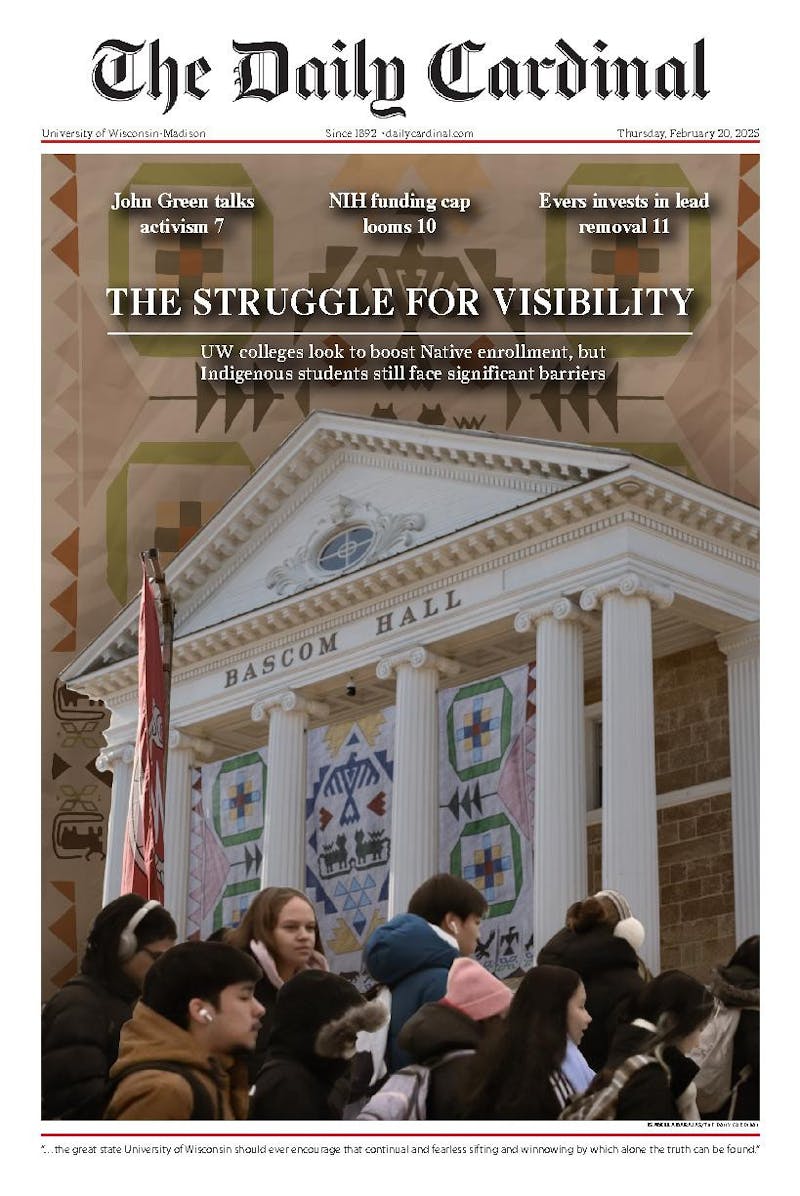The Federal Reserve Chair is a position that may rival the President of the United States in both power and importance.
As Alan Greenspan's nearly 19-year term as the Federal Reserve Chairman reached its close Tuesday, Jan. 31, his successor, Ben Bernanke, took the oath of office, beginning his four-year term as head of the Federal Reserve Board. Though many are watching the new Fed Chair intently, others remain indifferent and apathetic to this significant transition which will affect the economy of the United States.
Many may be indifferent to this historic event because they are probably unaware or confused by what the Federal Reserve actually does. In a speech last Tuesday, Bernanke attempted to clarify this issue.
'Our mission, as set forth by the Congress, is a critical one: to preserve price stability, to foster maximum sustainable growth in output and employment, and to promote a stable and efficient financial system that serves all Americans well and fairly.'
The position of the Fed Chair is also important because the U.S. contributes significantly to the global economy, and therefore the Fed Chair's decisions can have worldwide economic repercussions.
However, even for those who have an excellent grasp of the importance and the role of the Fed Chair, it could still be challenging at times to clearly interpret the comments made by previous Fed Chair Alan Greenspan.
'But one of the memorable things Greenspan brought us is 'Greenspan-speak,' which can be described as the art of saying something about the economy that sounds very profound but upon closer scrutiny is nearly impossible to decipher,' said Michael Knetter, dean of the UW-Madison School of Business.
Despite the occasional lack of clarity, Alan Greenspan, 79, did perform his duties as Fed Chair quite well. He steered our economy successfully through the stock market crash of 1987, the Persian Gulf War of 1990-'91 and the ensuing recession, the East Asian crises of 1997, the collapse of the dotcom boom and the economic turmoil surrounding Sept. 11, 2001.
'Reviews of Greenspan's tenure are typically glowing,' Knetter said. 'Few people have Greenspan's command of economic information and complex economic relationships.'
Bernanke has 'big shoes to fill' succeeding Alan Greenspan, 'a magnificent economic icon,' said Kelly Diiro, a May 2005 graduate of UW-Madison currently employed at a law firm in Washington D.C.
However, Bernanke may face more challenging difficulties than his predecessor when he was initially appointed in 1987 by Ronald Reagan.
'I think he has been dealt a much tougher hand than Greenspan,' Knetter said. 'It will be hard for the economy to repeat its performance of the last 20 years for reasons that have nothing to do with monetary policy.'
'Bernanke certainly has the wherewithal to be as successful as Greenspan,' said Menzie Chinn, professor of public affairs and economics at the University of Wisconsin's Robert M. LaFollette School of Public Affairs.
'Whether his tenure will be judged as successful as Greenspan's depends in part upon the challenges he will face, and some of these are daunting, including pressures on interest rates rising as a consequence of increasing amounts of federal government debt, and the widening trade deficit.'
Bernanke does indeed seem to be qualified for the job of Fed Chair. He has served as a member of the Federal Reserves Board of Governors, a visiting scholar at the Federal Reserve Banks of Philadelphia and as a member of the Academic Advisory Panel at the Federal Reserve Bank of New York. Bernanke has also served as the Chairman of the President's Council of Economic Advisors and as a professor of economics and public affairs at Princeton University, New York University and at the Massachusetts Institute of Technology. He has also written two textbooks and several scholarly articles.
'I can think of few people more qualified for the post,' Chinn said. 'Ben Bernanke is one of the most highly respected monetary economists in the profession.
As Fed Chair, Bernanke's responsibilities will include heading the Federal Reserve Board, a committee comprised of seven governors who are responsible for the regulation of the banking system. He will also take on the task of heading the Federal Open Market Committee, the Federal Reserve System's primary monetary policymaking institution.
It is highly unlikely that Bernanke will impose any drastic changes at the Federal Reserve anytime soon. However, one of his present goals may be trying to simply avoid the 'Greenspan-speak' that so often characterized his very illustrious predecessor.
'There probably won't be any discrete changes,' Chinn said. 'But over time, you may see greater transparency at the Fed. By that I mean a greater willingness to lay out the underlying rationale for the policy measures undertaken, and a more pronounced tendency to telegraph future intentions.'
This clarity may allow for a greater general knowledge about the Federal Reserve, so the next time a new Fed Chair is appointed, perhaps more people, not just those directly involved in the business world, may sit up and take notice.





